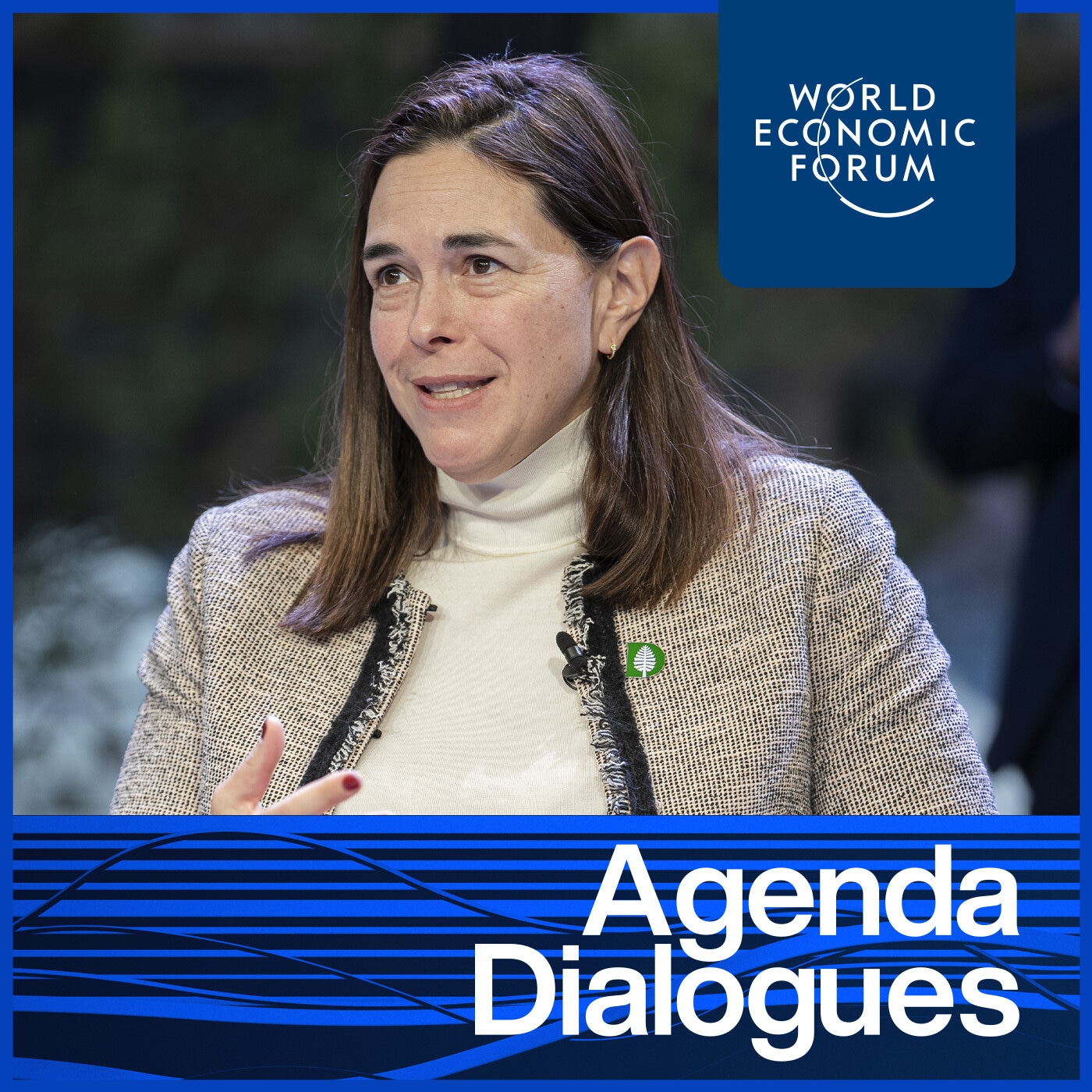How to close the gender gap? Go to the villages
Stay up to date:
Hyperconnectivity
Here in the Wayanad district of Kerala, India, we are transforming an entire village into the first ever “Leadership Village”. Kalpetta is a village with abysmally low opportunities for a person to live and grow. But this will no longer be the case, because whatever the constraints of village life, there is also lots of untapped human potential.
We want to create the first leadership democracy, where every individual, irrespective of birth or class, can make an impact. That’s the aim of LeadCap, an organization where I’m a trustee, in partnership with the AFRC Local Educational Training Institute.
Most of the families here are conservative and they do not want their daughters travelling an extra mile after school to get exposure to the outside world. They do not want their daughters to use the internet at home. But after villagers heard of the Leadership Village project, they started sending their daughters here. The girls not only got exposure to the world outside their village, they also became aspirational. They have dreams of becoming designers or engineers. Some families are even ready to send their daughters to bigger cities like Bangalore or Chennai to pursue higher education. One of our students, Pooja Raj, presented a paper, Silent Educational Revolution in Wayanad, which was featured in the UN-MDG survey report. Pooja is also an official spokesperson for the project and interacts with local media on a regular basis.
The project started in Kalpetta and then spread to the rest of the region. It has the support of villagers, students, parents, teachers and civic associations. It intends to bring about a revolutionary change – a change that can only be achieved when people are pointed towards their true potential and when they are shown the true change that they could create in themselves, and in their communities.
It focuses on young people aged between 15 and 25, aiming to show them that leadership is not reserved for a select few, but is for everyone who wants to discover their true potential. Its aim is to show them that leadership is a personal decision, rather than a position or a set of skills. Having achieved this self-awareness, we mentor these individuals to help them discover their hidden skills: in the areas of communication, self-motivation, problem-solving and decision-making. We support these leaders in implementing larger changes that add value to their society.
Between 1995 and 2004, 90% of farmer suicides in Kerala were from Wayanad. While tourism is one of the sources of revenue, this has never been to the same extent as in some other commercially developed places. With the knowledge and exposure gained during the programme, students went back and shared their experience with their parents and families. This united several families within the community. They started exploring possibilities of generating extra income through tourism. The concept of ecotourism emerged and Wayanad became the first district in India to launch this scheme with the support of the government of Kerala. The scheme created more employment opportunities for women.
The concept behind Leadership Village is an interesting one. Young people ride around the village on bicycles with bags full of inspirational books. In their free time they visit homes and schools to distribute leadership and personal development books, empowering them and providing inspiration. “When you read a book it is not so personal, but when you talk to a person, you make a mental connection and create a relationship, resulting in effective way to communicate,” says Anil Emage, the founder of AFRC. A female student of the Leadership Village participated in a global conference recently, something she would have otherwise lacked the confidence for. The results have taken time, but they are quite convincing. The language, communication and confidence levels of these rural leaders are on a par with any student living in a major city. This is indeed the most exciting of all the journeys that we have undertaken. Let us build our nation together.
Author: Vidyadhar Prabhudesai is a trustee at LeadCap; he is a Global Shaper in the Mumbai Hub. The World Economic Forum’s Global Gender Gap Report 2014 will be released on 28 October.
Image: A girl whose parents work in a brick kiln is watched by her teacher as she reads from a blackboard in a class in an open air school at Krishnadevpur village, north of Kolkata, February 11, 2014. REUTERS/Ahmad Masood
Don't miss any update on this topic
Create a free account and access your personalized content collection with our latest publications and analyses.
License and Republishing
World Economic Forum articles may be republished in accordance with the Creative Commons Attribution-NonCommercial-NoDerivatives 4.0 International Public License, and in accordance with our Terms of Use.
The views expressed in this article are those of the author alone and not the World Economic Forum.
Related topics:
Forum Stories newsletter
Bringing you weekly curated insights and analysis on the global issues that matter.
More on Education and SkillsSee all
Rachmat Pambudy
May 1, 2025
Shuvasish Sharma and Ximena Játiva
May 1, 2025
Ricky Li and Ximena Játiva
May 1, 2025
Ana Mahony
April 30, 2025
Ronit Avni
April 28, 2025





